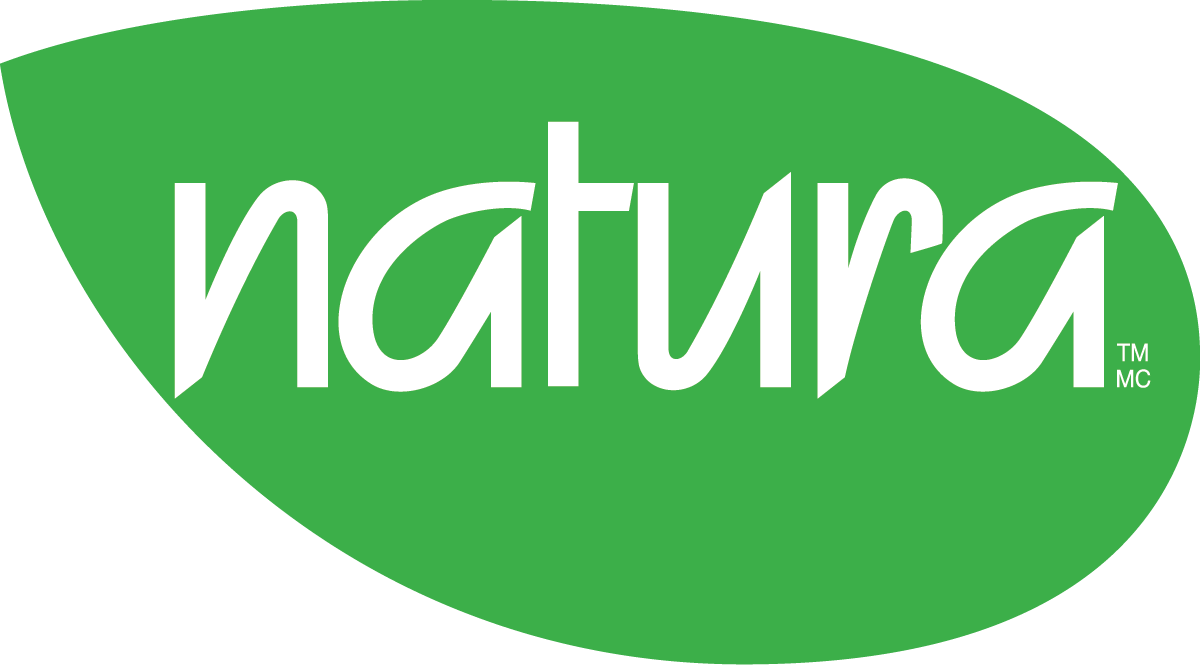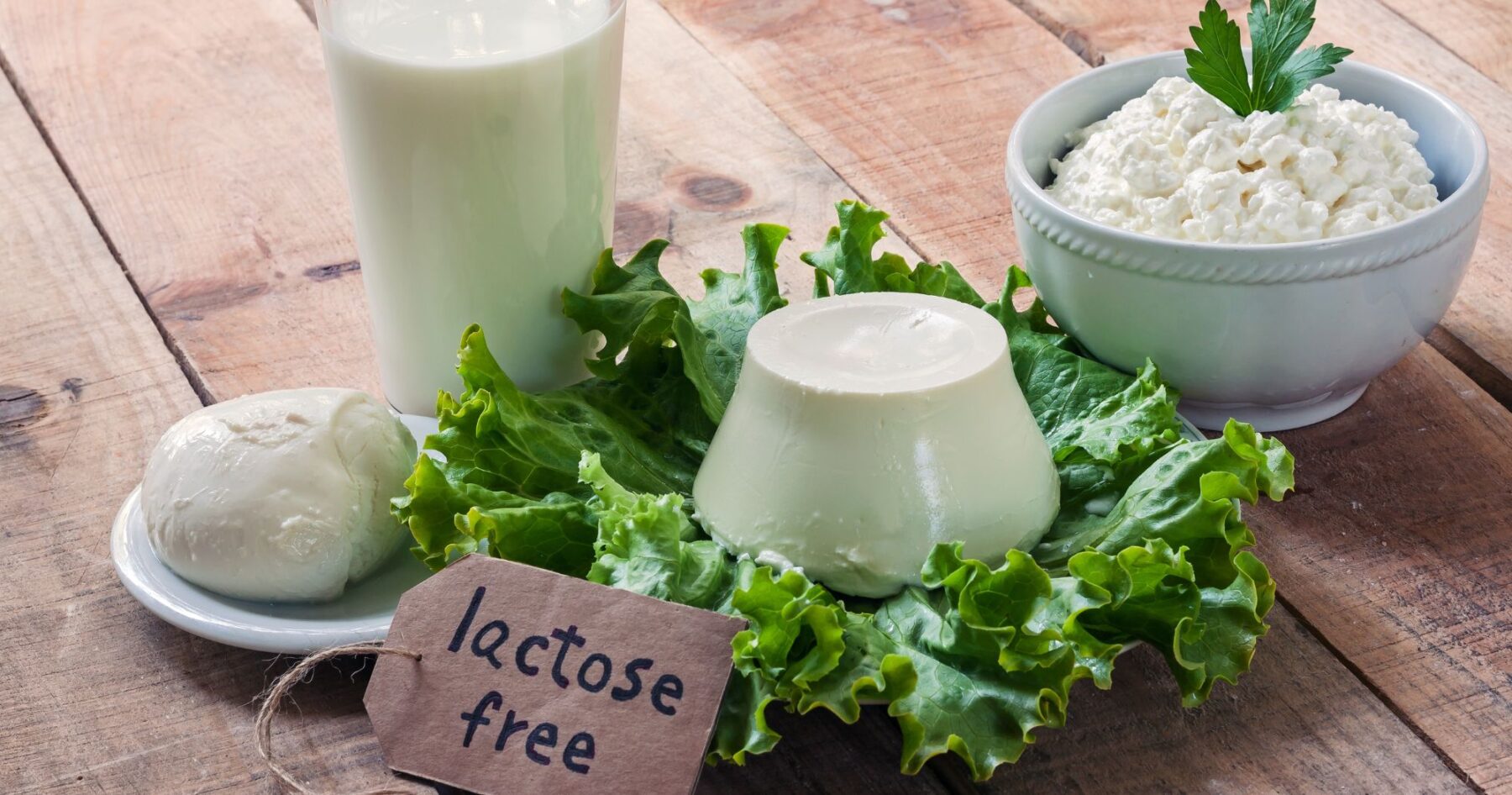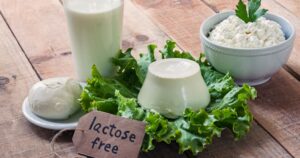Have you ever scratched your head at the grocery store, wondering what “lactose-free” really means? You’re not alone. With so many labels and buzzwords thrown our way, it can be a maze out there! But here’s the good news: we’re here to help you decode these terms and feel confident in your dietary choices. So, what’s the real deal with “lactose-free”? Let’s get into it!
What Is Lactose?
At its core, lactose is a sugar naturally present in milk and dairy products. While most babies have an enzyme called lactase to digest this sugar, many adults produce less of this enzyme over time, especially if they come from backgrounds where dairy wasn’t a dietary staple.
What Is Lactose Intolerance?
When someone doesn’t produce enough lactase to break down lactose, they’re considered lactose intolerant. This can lead to uncomfortable symptoms like bloating and stomach cramps after dairy consumption. In fact, research shows that about 75% of people lose some ability to digest lactose as they reach adulthood.1
Lactose-Free Products
When you see “lactose-free” on a label, it means that the product has been formulated to remove or break down the lactose. Here are the most common methods used:
- Enzymatic Hydrolysis: Adding lactase enzyme to regular dairy products breaks lactose into its simpler forms—glucose and galactose—making it easier to digest.
- Physical Separation: Some processes can filter out lactose from milk, although this is less commonly used.
- Non-Dairy Alternatives: Plant-based milks like almond, soy, and oat milk are naturally lactose-free. However, be cautious as some might contain additives that mimic the texture or taste of real milk, which could potentially include lactose or other allergens. Luckily, Natura plant-based beverages are all lactose-free and gluten-free, so you don’t have to worry about this.
Label Reading
Just because a product says it’s lactose-free doesn’t necessarily mean it’s entirely free of lactose. Depending on regional regulations, it often means the lactose content is below a specific limit. Usually, this is set at less than 0.1 grams per serving.
Is Lactose-Free the Healthier Choice?
Simply being lactose-free doesn’t automatically make a product healthier. While the primary nutrient content remains fairly consistent with regular dairy products, some lactose-free alternatives might contain added sugars or other ingredients for flavour enhancement. So, always check the nutritional label before buying.
Conclusion
Lactose-free options primarily cater to those with lactose intolerance, offering a way to enjoy dairy flavours without the discomfort. It’s important to understand that these products might still have trace amounts of lactose or other additives.
If you have trouble digesting lactose or simply looking for a healthier alternative, why not consider switching to plant-based beverages? Here are compelling reasons to make the leap:
- Reducing the risk for heart disease: Replacing cow’s milk (even the lactose-free ones) with plant-based milk can potentially decrease the risks of heart disease, hypertension, and type 2 diabetes. A research published in the Journal of the American Heart Association even associates plant-based diets with lowered heart disease risks.2
- Better for the environment: A significant portion of greenhouse gas emissions originates from animal agriculture. Making a shift towards plant-based diets can notably curb these emissions. In fact, a study from the Proceedings of the National Academy of Sciences (PNAS) suggests that going vegan might slash food-related gas emissions by an astonishing 70% by 2050.3
- Kinder to animals: Let’s not forget about the ethical aspects of our choices. Just like us, animals experience emotions, feel pain, and value their lives. Choosing plant-based milks instead of cow’s milk is a heartfelt way to respect these sentient beings.
Worried about missing out on some nutrients? Don’t sweat it. Natura plant-based beverages are fortified with vital vitamins to ensure you get all the nutrients you need. Moreover, they’re a healthier option than cow’s milk, free from cholesterol, lactose, and unhealthy fats.
At Natura, we understand that choosing healthy products shouldn’t break the bank. That’s why our plant-based milks are budget-friendly and easily accessible.
Whether you’re browsing your local grocery store, visiting a specialty food store, or shopping for our products on Amazon, Natura products are always effortlessly within reach, making the switch to a plant-based lifestyle easier and more convenient.
References:
1 – Mattar, R., de Campos Mazo, D. F., & Carrilho, F. J. (2012). Lactose intolerance: diagnosis, genetic, and clinical factors. Clinical and experimental gastroenterology, 5, 113–121. https://doi.org/10.2147/CEG.S32368
2 – Kim, H., Caulfield, L. E., Garcia-Larsen, V., Steffen, L. M., Coresh, J., & Rebholz, C. M. (2019). Plant-Based Diets Are Associated With a Lower Risk of Incident Cardiovascular Disease, Cardiovascular Disease Mortality, and All-Cause Mortality in a General Population of Middle-Aged Adults. Journal of the American Heart Association, 8(16), e012865. https://doi.org/10.1161/JAHA.119.012865
3 – Springmann, M., Godfray, H. C., Rayner, M., & Scarborough, P. (2016). Analysis and valuation of the health and climate change cobenefits of dietary change. Proceedings of the National Academy of Sciences of the United States of America, 113(15), 4146–4151. https://doi.org/10.1073/pnas.1523119113





